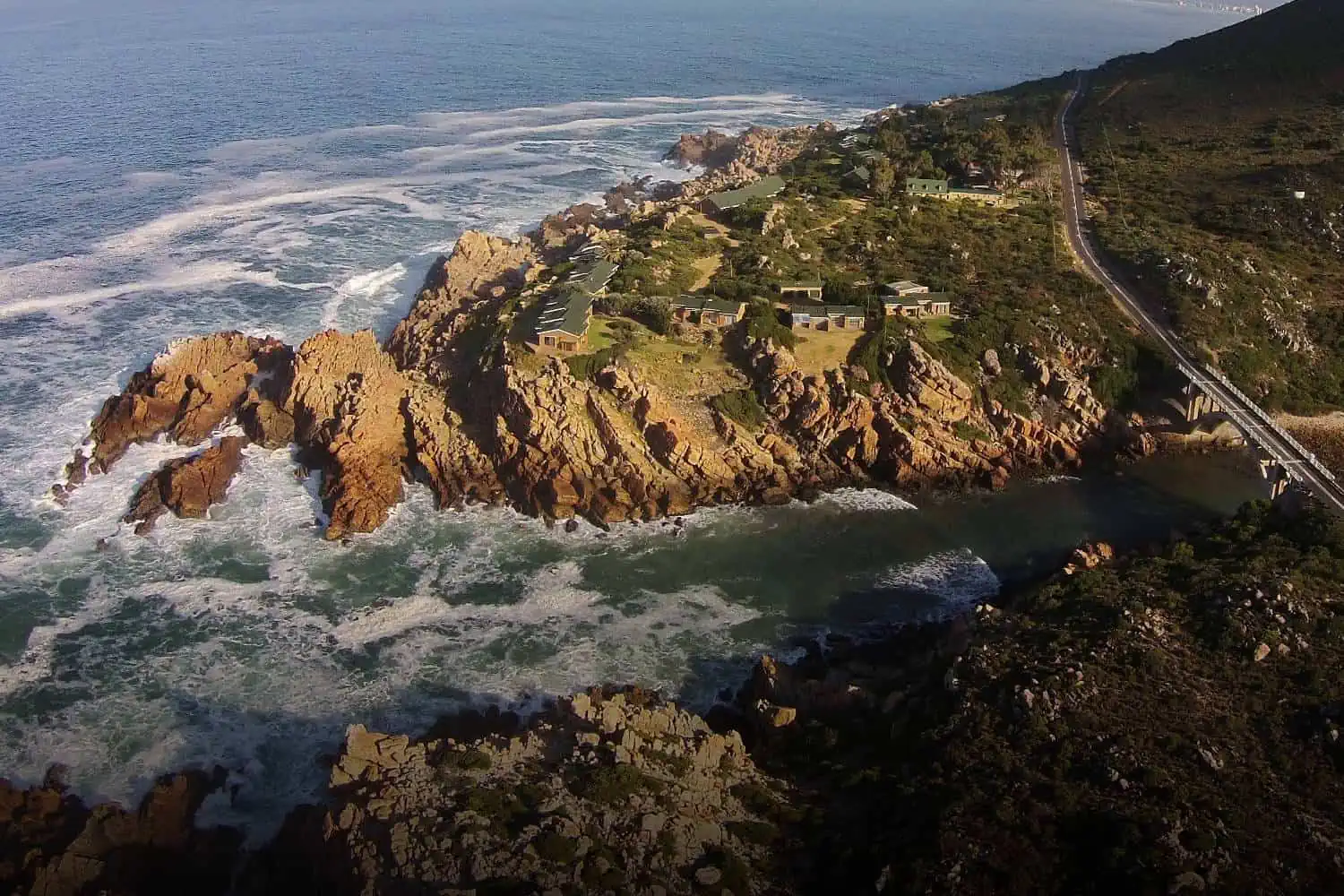As of Monday, 16 September 2024, Cape Town dam levels have dropped slightly to 100.7%, a 0.9% decrease from the previous week.
Cape Town dam levels on Monday, 16 September 2024
This week’s dam levels show a slight overall decline in major dams.
Berg River Dam decreased from 100.1% to 99.8%, a 0.3% drop. Steenbras Lower Dam fell from 101.3% to 100.5%, a 0.8% decline, while Steenbras Upper Dam saw a minor increase from 100.8% to 101.0%, a 0.2% rise.
Theewaterskloof, the largest dam in the region, dropped from 102.2% to 101.0%, a 1.2% decrease.
Voëlvlei Dam also fell from 101.9% to 100.7%, marking a 1.2% drop. Wemmershoek Dam showed a slight improvement, increasing from 99.9% to 100.0%.
Rainfall Impact
Rainfall was very low across the region this week, contributing to the slight decline in dam levels. Key rainfall recordings included:
- Steenbras: 0.9 mm
- Table Mountain (Woodhead): 2.3 mm
All other areas, including Blackheath Upper, Brooklands, Theewaterskloof, Voëlvlei, and Wemmershoek, recorded no rainfall.
A look at changes in major dams
| Dam | Capacity (ML) | Storage % on 16 September 2024 | Storage % Previous Week | % Change |
|---|---|---|---|---|
| Berg River | 130,010 | 99.8% | 100.1% | -0.3% |
| Steenbras Lower | 33,517 | 100.5% | 101.3% | -0.8% |
| Steenbras Upper | 31,767 | 101.0% | 100.8% | +0.2% |
| Theewaterskloof | 480,188 | 101.0% | 102.2% | -1.2% |
| Voëlvlei | 164,095 | 100.7% | 101.9% | -1.2% |
| Wemmershoek | 58,644 | 100.0% | 99.9% | +0.1% |
Cape Town minor dams weekly changes
The minor dams displayed a mixed performance. Kleinplaats Dam recorded a sharp decrease from 98.0% to 81.2%, a significant 16.8% drop.
Land-en-Zeezicht and Lewis Gay Dams remained steady at 99.4% and 100.9%, respectively.
Several dams, including Alexandra, De Villiers, Hely-Hutchinson, Victoria, and Woodhead, had incomplete or unavailable data, making it challenging to assess their current status.
| Dam | Capacity (ML) | Storage % on 16 September 2024 | Storage % Previous Week | % Change |
|---|---|---|---|---|
| Alexandra | 126 | No Data | 97.6% | No Data |
| De Villiers | 243 | No Data | 99.3% | No Data |
| Hely-Hutchinson | 925 | No Data | 99.3% | No Data |
| Kleinplaats | 1,368 | 81.2% | 98.0% | -16.8% |
| Land-en-Zeezicht | 451 | 99.4% | 99.4% | 0.0% |
| Lewis Gay | 182 | 100.9% | 100.9% | 0.0% |
| Victoria | 128 | No Data | 99.6% | No Data |
| Woodhead | 954 | No Data | 83.8% | No Data |
Five easy ways to save water and reduce consumption
Here are five effective ways to achieve this goal:
- Fix Leaks Promptly: A small drip from a leaking faucet or pipe can waste a significant amount of water over time. Regularly checking for and repairing leaks in plumbing fixtures, irrigation systems, and pipes can prevent water wastage.
- Install Water-Efficient Fixtures: Using low-flow showerheads, faucets, and toilets can significantly reduce water usage. These fixtures are designed to use less water while maintaining efficiency, which can lead to considerable savings on water bills and a substantial reduction in water consumption.
- Practice Efficient Watering: Watering lawns and gardens can consume a large amount of water. Watering during the early morning or late evening reduces evaporation and ensures that plants receive the moisture they need. Employing drip irrigation systems and soaker hoses targets water directly to the roots where it’s most needed, reducing waste.
- Use Water-Saving Appliances: Choosing appliances like dishwashers and washing machines that are energy and water-efficient can lead to substantial water savings. These appliances are designed to use minimal water while delivering optimal performance. Running them only when full maximizes efficiency and conserves water.
- Adopt Water-Saving Habits: Simple daily actions can lead to significant water savings. Turning off the tap while brushing teeth, shaving, or washing dishes by hand, and taking shorter showers are practical habits that reduce water use. Additionally, collecting rainwater for garden irrigation and using a broom instead of a hose to clean driveways and sidewalks can further decrease water consumption.
